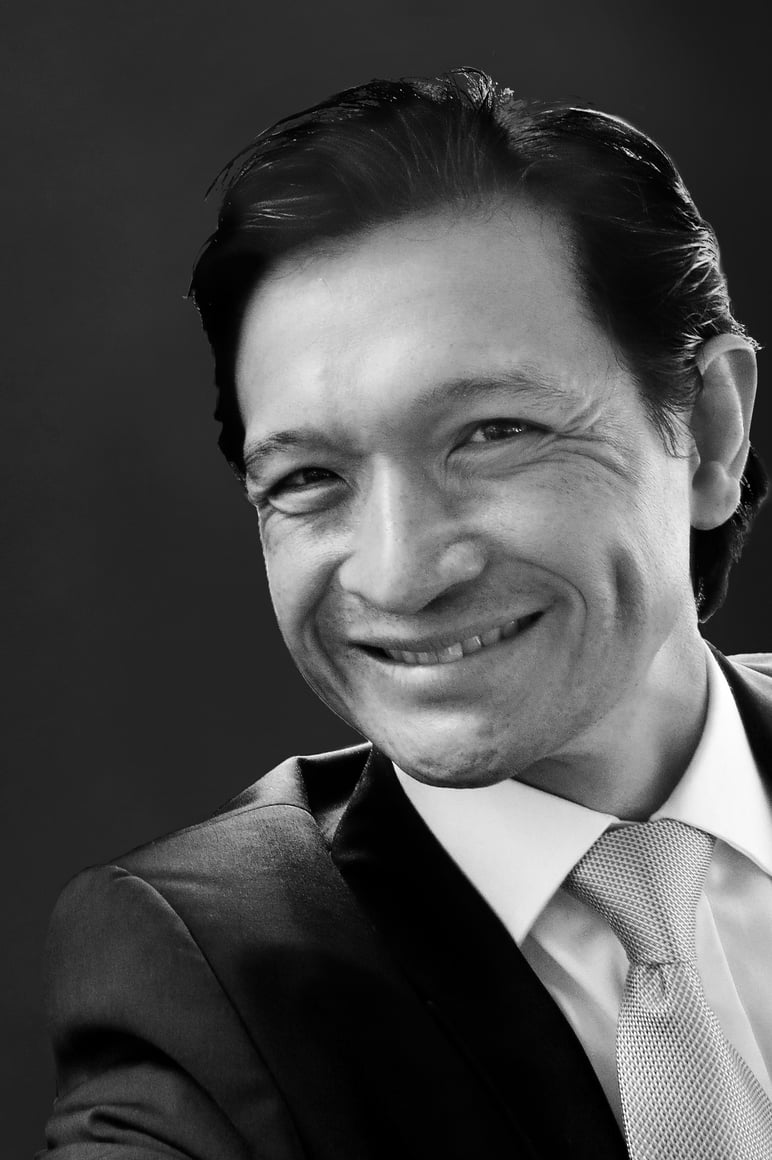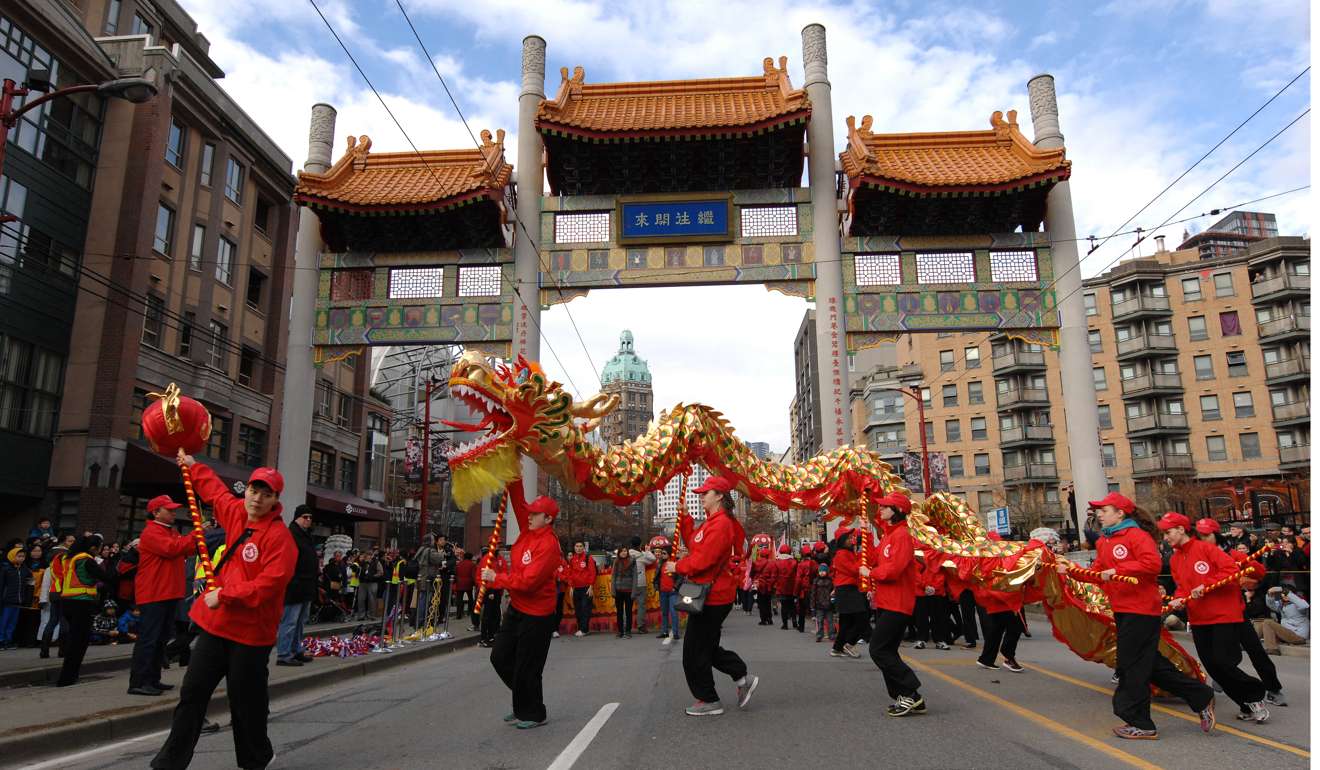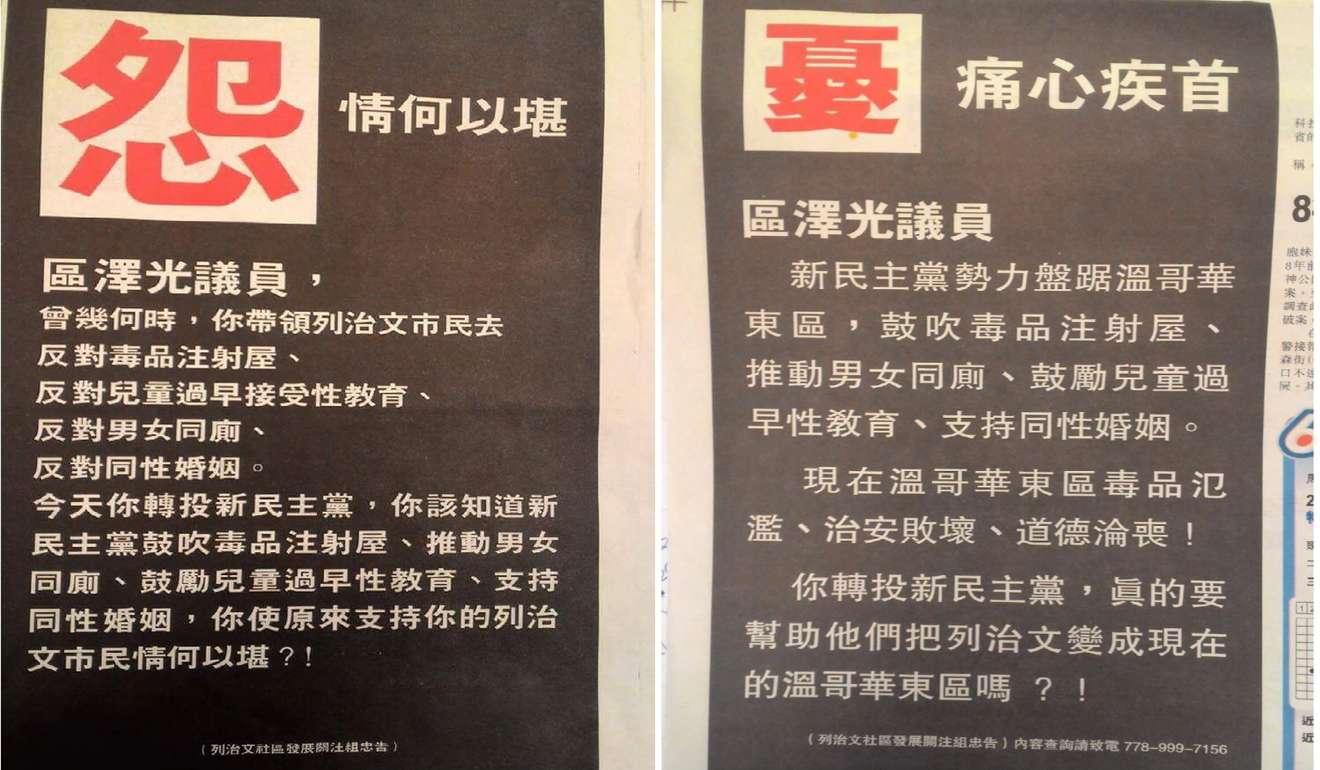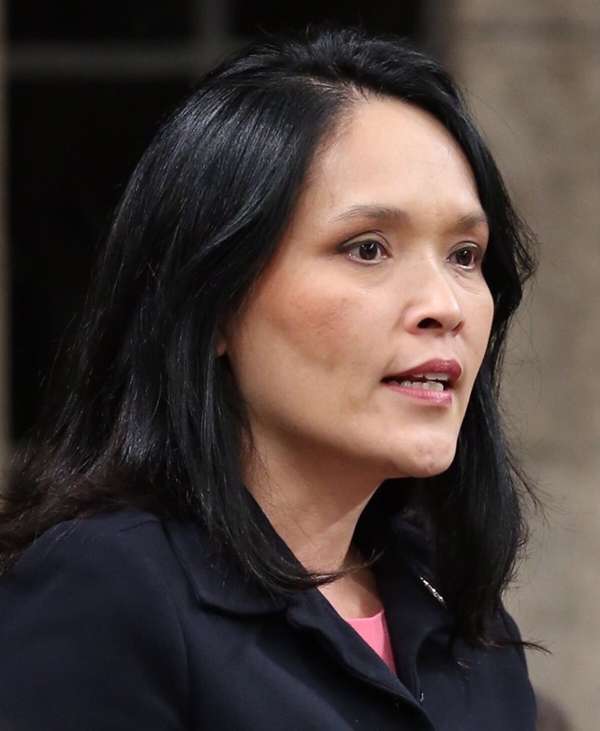
Vancouver’s Eastside in ‘moral collapse’, say Chinese election ads, blaming unisex toilets, same-sex marriage and sex-ed
Wealthy Richmond in BC, Canada, could suffer the supposedly grim fate of Vancouver’s Eastside, ads in Chinese newspapers warn
The two symbolic cores of Metro Vancouver’s Chinese communities are Chinatown in the city’s Eastside, and the satellite of Richmond to the south.
Yet the centre of gravity has decisively slipped towards Richmond, which stands testament to new Chinese immigrant wealth, with its gleaming towers and multi-million-dollar mansions. Chinatown, traditional home to poorer and working-class immigrants, has faded badly by comparison - but still serves as a beloved refuge, real and emotional.
Now, Chinese-language political advertisements appear to play up differences in the communities by claiming that Vancouver’s Eastside has suffered a “moral collapse” - and that Richmond could be next.

The ads targeted Richmond councillor Chak Au, who is running in next month’s provincial elections for the left-leaning NDP in the new riding of Richmond South Centre. British Columbia goes to the polls on May 9, with the right-leaning BC Liberal government of Premier Christy Clark being challenged for power by the NDP, led by John Horgan.
Vancouver East is notorious for rampant drug use, poor law and order and moral collapse
The riding being sought by Au sits at the heart of Richmond, which is reputedly the most ethnically Chinese city in the world outside Asia. According to the 2011 census and household survey, 47 per cent of the Richmond’s 189,000 residents self-identify their ethnicity as “Chinese”, with that figure rising to about 50 per cent of residents who identify their family origins as Chinese or Taiwanese.
The attack ads appeared in local editions of Chinese-language dailies Ming Pao and Sing Tao this week.
“The New Democratic Party (NDP), with its stronghold in Vancouver East, has been advocating the use of safe drug-injection facilities, unisex public toilets and teaching children about sex from an early age. They have also advocated same-sex marriage,” said one ad, against an ominous black background.
“Now, Vancouver East is notorious for rampant drug use, poor law and order and moral collapse.
“You (Chak Au) are switching to the NDP. Are you going to help them to turn Richmond into another East Van?”

Vancouver’s Eastside is a big place, comprising about half of the entire City of Vancouver. It includes ethnically diverse districts, and plenty of nondescript suburbia, but the ads’ references to security and drugs clearly convey that the districts in question are Chinatown and the downtown core.
Au’s decision to run for the NDP represents a defection of sorts: he is also a member of the Richmond Community Coalition, a political grouping with links to the province’s ruling BC Liberals. Au will be running against the BC Liberals’ Linda Reid, speaker and one of the best known figures in the legislative assembly.
“Now you are switching to the NDP… How could you face your supporters in Richmond?” another of the ads asks Au.

Au, a former professor at the Chinese University of Hong Kong who moved to Canada in 1988, said he had never heard of the Richmond Community Development Concerns Group, and it had never contacted him. “I mean, if they have a problem with my positions, they could just call me,” he said.
He said it was unfair to raise the supposed problems in Eastside Vancouver as somehow reflective of his campaign.
“If they have a problem with the outcomes in the Eastside, they should look at the BC Liberals who have been in power for 16 years,” said Au. “These issues [raised in the ads] are not the focus of my campaign. My focus is on hospitals, school closures, lack of social services and lack of jobs for young people, issues that are affecting people in Richmond every day.”
Jenny Kwan, the NDP member for the federal riding of Vancouver East, scoffed at the depiction of her electorate and its “proud history”.
With Vancouver currently in the grip of an opioid overdose epidemic, Kwan took particular umbrage at the ads’ apparent highlighting of the Insite safe drug injection project as a social negative. The Downtown Eastside scheme has been credited with curbing overdose deaths.
“To do nothing in the face of a medical health emergency to stop preventable deaths is immoral, not to mention the highest court in Canada has ruled that evidence-based health services are a protected right under our charter,” said Kwan.
While the anti-Eastside advertisements complain about that district’s supposed failings, it’s not as if Richmond is without fault, despite its obvious wealth.
*
The Hongcouver blog is devoted to the hybrid culture of its namesake cities: Hong Kong and Vancouver. All story ideas and comments are welcome. Connect with me by email [email protected] or on Twitter, @ianjamesyoung70 .

